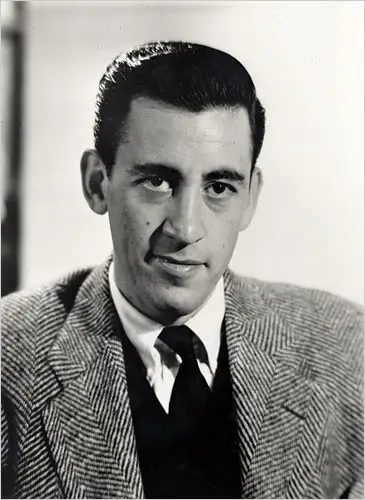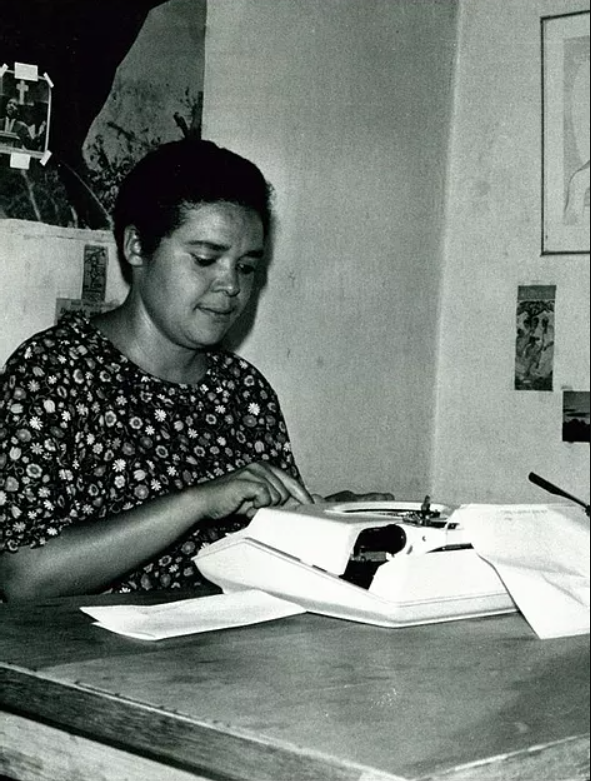In this edition of Author Spotlight, we will examine the life and works of renowned English writer George Orwell, widely recognized as one of the greatest writers of the 20th century.
Birth and Early Years
George Orwell, born Eric Arthur Blair on June 25, 1903, in Motihari, British India (present-day India), experienced a childhood marked by the complexities of imperial life. His father worked for the Indian Civil Service, exposing Orwell to the stark social divisions that would later influence his writing.
Education & Influences
Orwell’s education included attending prestigious institutions such as Eton College. However, financial constraints led him to serve in the Indian Imperial Police in Burma, an experience that intensified his disdain for colonial oppression.
Orwell’s experiences during the Spanish Civil War profoundly impacted his political views. His time fighting against Franco’s forces fueled his anti-fascist sentiments, influencing works like “Homage to Catalonia.” Additionally, Orwell’s disdain for totalitarianism – which influenced works like “Animal Farm” and Nineteen Eighty-Four (1984)” – emerged from his observations of Stalinist regimes.
Literary Legacy
George Orwell’s enduring impact on literature and political discourse stems from his ability to eloquently articulate his thoughts on sociopolitical issues. Orwell adopted his pen name to avoid embarrassment to his family due to his critical views. The name “George Orwell” was inspired by the River Orwell in East Anglia.
George Orwell’s literary legacy is dominated by classics such as “Animal Farm” and “Nineteen Eighty-Four.” These dystopian novels, marked by political allegory and social critique, remain influential in discussions of power, propaganda, and the dangers of unchecked authority.
His other works include The Road To Wigan Pier, Burmese Days, Homage to Catalonia, Keep the Aspidistra Flying, Coming Up for Air, A Clergyman’s Daughter, and “Politics and the English Language” (an essay), among others.
In addition to his literary contribution, Orwell’s journalism, especially his essays, played a pivotal role in shaping public opinion. His essays, covering topics from poverty to political corruption, showcased a commitment to truth and social justice.
Honours
While Orwell did not receive significant honors during his lifetime, posthumous recognition for his contributions to literature grew. In 2008, he was honored with a memorial plaque in London’s Southwark Cathedral, commemorating his impact on political and literary discourse.
This concludes our appreciation of the life and works of one of the significant contributors to the literary space, whose works continue to inspire readers around the world.
Stay tuned for the next edition of “Author Spotlight” as we continue our journey through the world of authors that enrich our lives.




